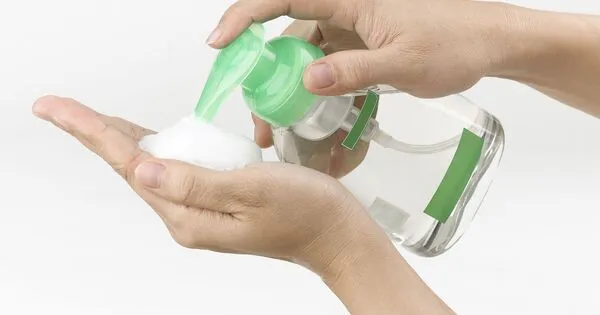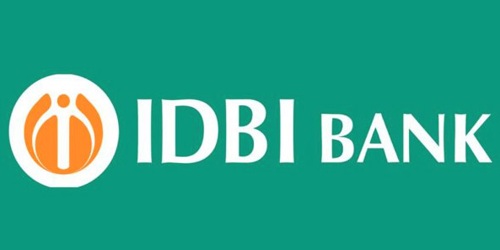Antibacterial soaps are cleaning products containing chemical agents that kill or inhibit the growth of bacteria. These soaps contain antibacterial ingredients that add an extra layer of defense against harmful bacteria. Triclosan is found in the majority of antibacterial soaps, but other chemical additives are also common.
Some academics and the US Food and Drug Administration (FDA) have questioned the efficacy of antibacterial products marketed as such. However, there has been ongoing debate and scrutiny about the efficacy and potential risks of antibacterial soaps.
History
Carbolic soap, which contained up to 5% phenols (carbolic acid), was the first antibacterial soap. Concerns about the safety of carbolic soap’s chemical components on the skin resulted in the prohibition of some of these chemical components. Triclosan and other antibacterial agents have long been used in commercial cleaning products for hospitals and other healthcare settings, but they only recently began to be used in home cleaning products.
Here are some key points to consider:
- Ingredients: Triclosan, triclocarban, and other chemicals are common antibacterial agents in these soaps. Triclosan, in particular, has been widely used but has raised concerns due to its potential environmental impact and the development of bacterial resistance.
- Effectiveness: The Food and Drug Administration (FDA) of the United States has questioned the efficacy of certain antibacterial ingredients in consumer products, claiming that there is insufficient evidence to prove they are more effective than regular soap and water. The FDA banned the use of triclosan and triclocarban in over-the-counter antibacterial soap products in 2016.
- Bacterial Resistance: The use of antibacterial products has been linked to the development of antibiotic-resistant bacteria. Overuse of antibacterial agents may result in the survival of resistant strains, reducing antibiotic effectiveness.
- Regular Soap and Water: Handwashing with soap and water is frequently recommended as the primary and most effective method of preventing the spread of infections. Frequently, rubbing hands together and rinsing with water is enough to remove and wash away bacteria.
- Environmental Impact: Certain antibacterial agents, such as triclosan, have been linked to environmental concerns. These substances have the potential to pollute aquatic ecosystems if they end up in water sources.
















